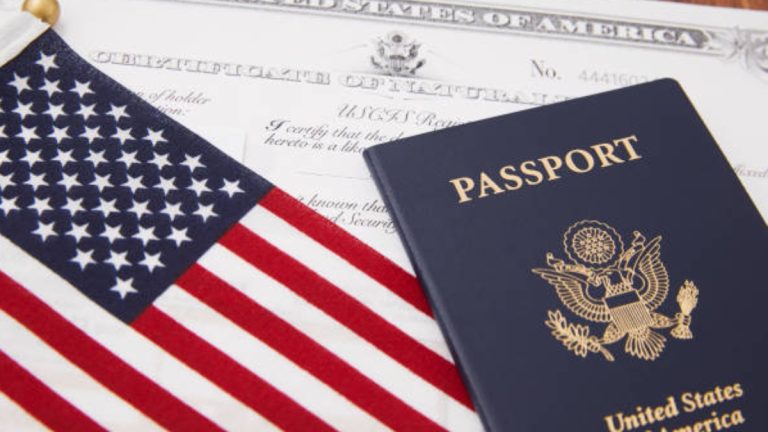
In a significant policy update, the U.S. Citizenship and Immigration Services (USCIS) has announced a 30-day grace period allowing applicants to use prior versions of several key immigration forms. This decision comes in response to a lawsuit challenging the abrupt implementation of updated forms without prior notice, which had caused confusion and concern among applicants and legal practitioners.
Which Immigration Forms Are Affected by the Grace Period?
The grace period applies to multiple essential forms, including:
Form I-485: Application for Adjustment of Status (Green Card).
Form N-400: Application for Naturalization.
I-485 Supplements A & J: Additional information and job offer confirmation
Form I-134: Declaration of Financial Support
Form I-192: Application for Advanced Permission to Enter as a Nonimmigrant
Form G-325A: Biographic Information
Form I-918: Petition for U N on immigrant Status
Form I-131: Application for Travel Documents
Applicants submitting these forms during the 30-day grace period can use either the prior or the updated versions. However, after this period, only the new editions, dated January 20, 2025, will be accepted.
Why Did USCIS Implement a Grace Period for Form Updates?
Initially, USCIS introduced new versions of these forms in January 2025, requiring immediate use without a transition period. This sudden change led to widespread confusion among applicants and immigration attorneys, raising concerns about potential processing delays and application denials for those who unknowingly submitted outdated forms.
In response, the American Immigration Lawyers Association (AILA) and the law firm Benach Collopy LLP filed a federal lawsuit, arguing that the lack of a transition period unfairly impacted applicants. Subsequently, USCIS revised its policy to include a 30-day grace period, allowing for a smoother transition to the updated forms.
What Changes Are Present in the New USCIS Forms?
The updated forms incorporate several notable changes:
Terminology Shift: USCIS has reverted to using the term “alien” instead of “noncitizen,” aligning with previous immigration policies.
Gender Options Limited: The new forms recognize only “male” and “female” as gender choices, removing non binary or other gender identity options.
These changes have sparked discussions regarding inclusivity and the implications of reverting to earlier terminologies.
Implications for Immigration Applicants

Applicants must ensure they are using the correct version of their immigration forms to avoid processing delays or rejections. During the 30 day grace period, USCIS will accept both prior and new versions. After this period, only the updated editions dated January 20, 2025, will be considered valid.
It is advisable for applicants and legal representatives to regularly consult the USCIS website for updates on form editions and submission deadlines to ensure compliance with current requirements.
What’s Next for USCIS Form Submissions?
USCIS has confirmed that the grace period applies to forms updated on February 24, March 3, and March 4, 2025. Following this transition period, the agency will enforce the mandatory use of the new forms.
Applicants preparing to submit immigration applications should verify they are using the correct form versions before submission to avoid potential issues.





